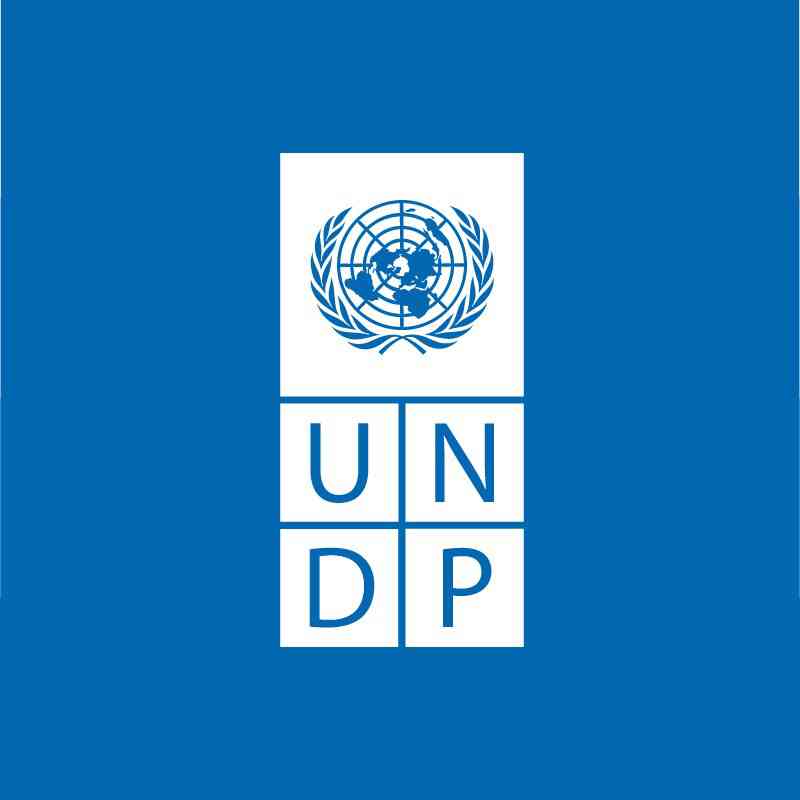
THE government, working with the United Nations Development Programme (UNDP), has launched a training programme aimed at equipping micro-small to medium enterprises (MSMEs), particularly youth and women-led, with knowledge and skills necessary for export readiness, to capitalise on the African Continental Free Trade Agreement (AfCFTA).
The training programme comes on the realisation of business opportunities arising across the continent, presenting a significant opportunity for MSMEs in Zimbabwe to access the 1,3 billion African market.
In an interview at the launch of the training programme in Bulawayo this week, UNDP resident representative Ayodele Odusola said focusing on localised markets of a few hundred thousand people limited growth potential, hence equipping MSMEs with export readiness skills.
“Access to the African market holds great potential not only for business growth, but also for job creation, with a positive impact on overall economic growth in the country,” Odusola said.
Consultant Dennis Choguya said the programme was aimed at bringing awareness to MSMEs on the big market to be served by the AfCFTA.
“They are also made aware of the other challenges, like the pending level of competition, which will obviously rise, because there will be more businesses having access to our market at reduced or no tariffs at all,” he said.
“So the thinking there is if we grow intra-African trade, we are then also able to support businesses in Africa, to boost up their revenues, to give them exposure to new markets, to help with economies of scale.”
At least 54 of the 55 African countries have signed the AfCFTA agreement, putting it into effect and it is ready to roll, with eight countries on a pilot project, where they have started trading under the agreement guidelines.
- ZRBF rescues hunger-prone communities
- ‘Gender imbalance on boards still prevalent’
- US$14m shot in arm for rural communities
- Zim's 2022 human development ranking very low
Keep Reading
AfCFTA, ratified by Zimbabwe in 2019, offers a transformative opportunity for MSMEs by unlocking access to a broader African market.










